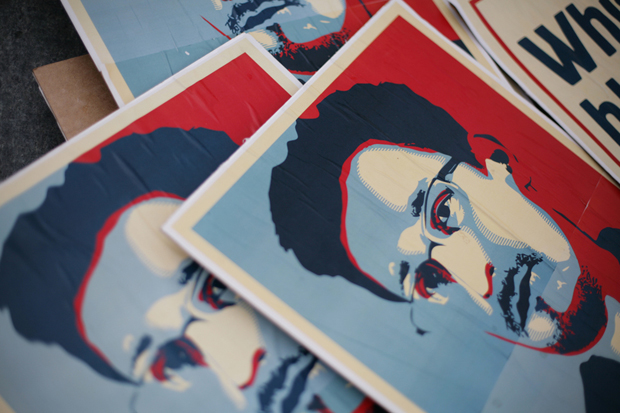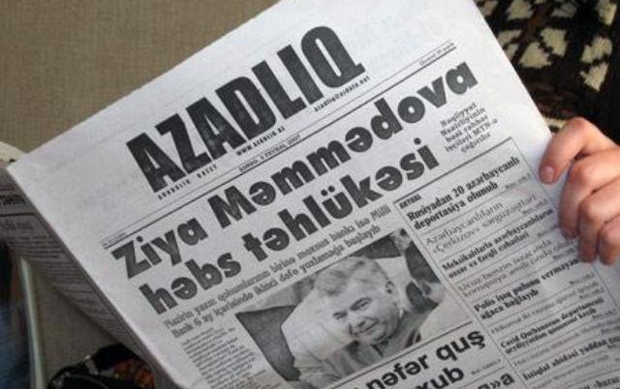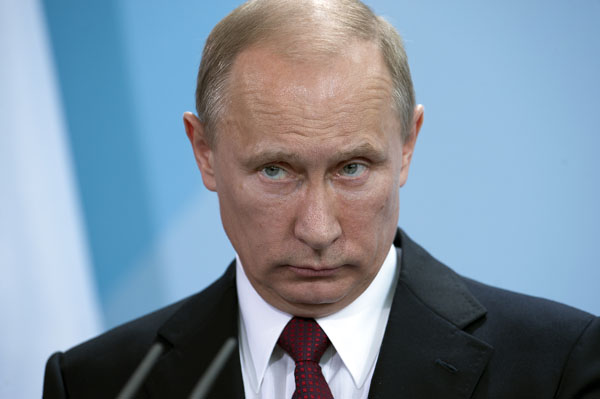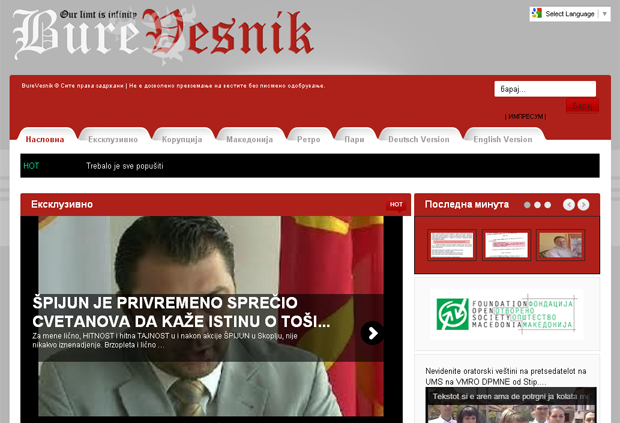8 Nov 2013 | Digital Freedom, News, United Kingdom

(Photo: David von Blohn / Demotix)
This week saw some movement in the debate over NSA and GCHQ surveillance, and a court case that could have very serious consequences.
The court case first. One Wednesday and Thursday, the court of Appeal held a judicial review into the use of Schedule 7 of the Terrorism Act taken by David Miranda, partner of journalist Glenn Greenwald. Miranda was detained in transit at Heathrow airport under Schedule 7 while carrying encrypted documents that had emanated, ultimately, from whistleblower Edward Snowden.
The question was whether the authorities, knowing who Miranda was, what he was likely to be carrying, and his purpose for holding the documents, had a right to detain him under that particular piece of law.
It’s quite technical, but it comes down to whether carrying the documents Miranda was carrying could be seen as an act of terrorism or an act that could potentially aid terrorism (as the government and police argue) or as part of a journalistic enterprise (in essence, what Miranda is arguing).
Index and other organisations have weighed in in support of the argument put forward by Miranda’s team, as we worry that a ruling against Miranda could have serious implications. Journalism can often operate in dubious areas: whether material “leaked” or “stolen” for example, is a question that can have very different answers depending on who you ask.
In this case, the UK government very clearly maintains that the documents have been stolen and should be given back. Furthermore, they believe that they could fall into the hands of the wrong people – terrorists or hostile states, if not in the control of security services.
That, by the way, was very interesting indeed. The Home Office’s case suggested Russia, where Edward Snowden has been granted temporary asylum, is a hostile state.
The other side of this argument is that Miranda was assisting in journalism. This will involve, on occasion, having documents others would rather you did not have. The act of journalism is to sift these documents and decide where the stories lie within them. There was considerable back and forth on what “responsible journalism” constitutes during the hearing, but ultimately, it must be up to an editor what goes into a paper.
The Guardian’s Alan Rusbridger maintains he has acted with absolute responsibility. And GCHQ have as yet not claimed that agents have been endangered as a result of the Guardian’s revelations.
But at a hearing of parliament’s Intelligence and Security Committee (the ISC) on Thursday, spy chiefs insisted that Britain’s enemies were “rubbing their hands with glee” at the Guardian’s publications, and that terrorist chatter online had “gone dark” (i.e. more difficult to trace) since the first stories had appeared.
What next for the surveillance debate? The ISC performance was generally held to be weak. Rory Stewart MP has suggested it be composed more democratically, with an opposition MP at its head. The general demand on surveillance seems fairly low key: more scrutiny, less scope for random snooping.
Meanwhile the judges will mull over the Miranda case, and, we hope, come to the conclusion that whatever the young Brazilian was doing, it wasn’t terrorism.
This article was originally posted on 8 Nov 2013 at indexoncensorship.org
8 Nov 2013 | Azerbaijan, Azerbaijan News, Europe and Central Asia, News

Azadliq, an independent Azerbaijani newspaper, is in danger of folding. The paper has come under severe economic pressure to silence its critical voice following the country’s presidential election.
The paper has been been the target of defamation suits that have resulted in £52,000 in fines. Courts found Azadliq guilty of “damaging” the business reputation of Kabira Mamedova, director of the Baku-based Bina shopping centre, and Taghi Ahmadov, CEO of the Baku Metro, after the paper published articles critical of their activities. Ahmadov had previously agreed to accept payments over a 10-year period, but this week reversed his decision, demanding his full £24,000 payment immediately.
As a result, the paper’s bank accounts have been frozen since 25 October. At the same time, Gasid, the state-owned press distribution company, has not been transferring payments that reflect the paper’s sales. According to Azadliq’s latest calculations, Gasid now owes about £44,000.
Azerbaijani public officials are using criminal and civil defamation against the newspaper and its journalists as a tool to stifle critical and independent journalism, Rahim Hajiyev, acting editor-in-chief of Azadliq, told Index during our pre-election mission to Azerbaijan.
“We play a significant role in providing people with alternative information. Our staff are underpaid, overworked, and yet are fully committed to their work”, said Hajiyev.
Melody Patry, Index advocacy officer, recalls:
“During Index’s mission in Azerbaijan in September, we met with Rahim Hajiyev. While greeting us, he apologised for a pitiful condition of the editorial office: ‘We used to be in another office, but we got kicked out. Now, we cannot afford even these premises. Where will we be next? Probably, in the street?’ he said. The main topic of discussion was the newspaper’s financial struggle.”
Azadliq is appealing for your help and support. The newspaper is in desperate need of funds that can ensure it can continue its operations. For information on how to make your contribution and donate to support an independent voice, click here.
This article was originally published on 8 Nov 2013 at indexoncensorship.org
8 Nov 2013 | News, Russia

The United Nations got together yesterday to adopt a resolution calling for a world truce during the Winter Olympics kicking off in Sochi, Russia in exactly three months. This has become a tradition over the past 20 years — a symbolic gesture in the months leading up to the games. For the first time, however, it called upon the host country to “promote social inclusion without discrimination of any kind.”
Obviously a thinly veiled reference to the overtly anti-LGBT legislation Russia passed back in June. The vaguely worded ban on “gay propaganda” aimed at minors has sparked outrage across the world, with some activists calling for a boycott of the games.
But have no fear — Sochi Games chief Dmitry Chernyshenko, present at the UN, reminded us all that President Putin has repeated “three times” that there will be “no discrimination”.
THREE TIMES, YOU GUYS.
While you will forgive me for reserving my judgment on that particular guarantee for now, it is worth noting what was not mentioned in the resolution and what we were not given any assurance about. The right to freedom expression — or rather lack thereof — stands at the core of this issue. Since the law came into power, LGBT protesters have been attacked and arrested. Authorities have warned that spectators and athletes can be fined for “gay propaganda”, like displaying rainbow flags.
I don’t know about you, but to me that seems to fly in the face of the the universal human right to freedom of expression and assembly. But maybe it was simply an oversight, and this is next on the agenda. In which case, I’ve got a few suggestions on where to start.
For one, there are currently 28 Greenpeace activists and two journalists under arrest in Russia. They were staging a peaceful protest by a Gazprom oil rig on September 18, when their ship was boarded by Russian security forces. They are currently detained in a prison in St Petersburg. Initially held on piracy charges with a potential 15 year sentence, they have now been downgraded to hooliganism. This could still mean up to seven year in jail. Again, that’s for a peaceful protest.
Then there’s the case of the TV crew from the Norway’s Olympic broadcaster TV2. While filming a recent report in Sochi, they were taken into custody, interrogated, harassed and denied contact with the Norwegian embassy. The journalists were also told that they were now ‘blacklisted’. Not very encouraging to hear if you’re a critical foreign reporter heading to Sochi in February, never mind a member Russia’s perpetually repressed independent press.
And of course, you can’t talk about freedom of expression in Russia without mentioning Pussy Riot. Two members of the feminist punk group have been in prison since February 2012. The latest news was the apparent disappearance of Nadezhda Tolokonnikova as she was moved between prisons. This came after the Guardian published an open letter where she detailed the horrible conditions they were being held under. It soon emerged that she might be, like in some sort of Soviet nightmare, sent to Siberia.
One of the fundamental principles of the Olympics deals with “preserving human dignity”, and there is no doubt that freedom of expression is a pretty big part of that. Rather than listening to Putin’s empty promises, we should be measuring up Russia’s commitment to “human dignity” where it counts.
This article was originally posted on 7 Nov 2013 at PolicyMic.com
8 Nov 2013 | Europe and Central Asia, Macedonia, News

Zoran Bozinovski, the owner of website Burevesnik, was arrested Thursday night in Novi Sad, Serbia. Bozinovski is charged with foreign espionage and criminal association.
Burevesnik is known for its critical coverage of the Macedonian government, led by Prime Minister Nikola Gruevski.
Macedonian authorities accuse Bozinovski of being part of a spy-ring working for a foreign government. He has previously denied the charges, telling Macedonian independent news site NOVA TV in September that “all the information that I gather I publicly declare my website Burevesnik.” He now faces 30 days in detention and extradition to Macedonia.
This comes only a day after journalist Tomislav Kezarovski was released from prison and put under house arrest. He was sentenced to four and half years in jail in October for reporting on the identity of a witness in a murder trial in 2008. The sentence came under criticism both nationally and internationally, with OSCE Media Freedom Representative Dunja Mijatovic declaring it had “serious consequences for free expression and media freedom” in the country.
Press freedom in Macedonia has been deteriorating for some time, with repressive legislation and increased hostility towards critical press from the government. The country ranks 116th out of 179 countries in the 2013 Reporters Without Borders press freedom index.
This article was originally posted on 8 Nov 2013 at indexoncensorship.org




